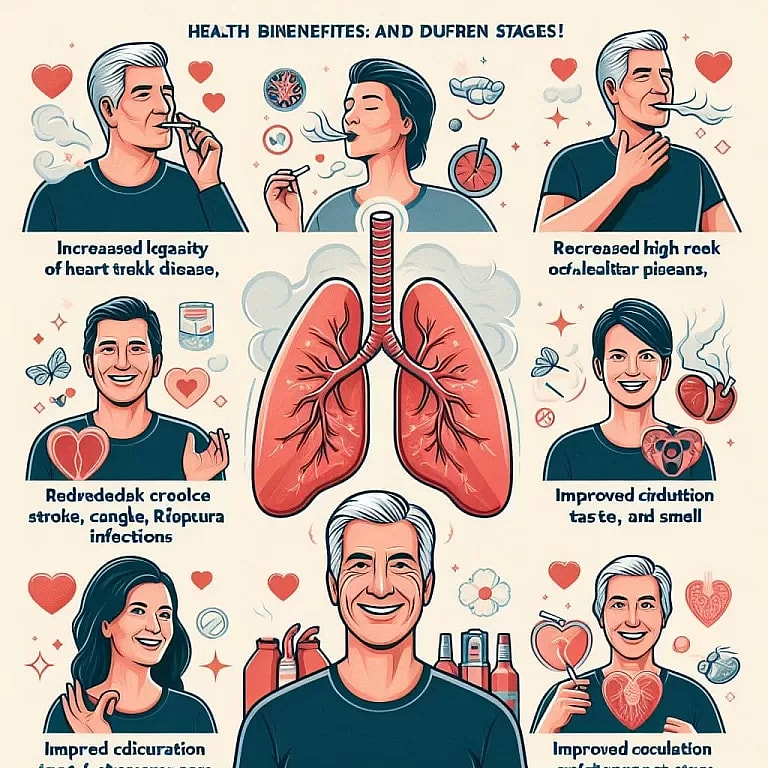Addiction
**Addiction**
Addiction refers to a chronic disease characterized by an intense craving for substances of abuse or engaging in rewarding behaviors despite adverse consequences. It encompasses substance use disorders, behavioral addictions (e.g., gambling, internet addiction), and co-occurring disorders.
Understanding the underlying mechanisms of addiction, including the neurobiological, psychological, and environmental factors, is crucial. Its impact extends beyond individuals, affecting families, communities, and society.
Effective addiction treatment involves a comprehensive and individualized approach, often entailing a combination of medication-assisted therapy, psychotherapy, support groups, and lifestyle changes. Prevention strategies focus on early intervention, education, and harm reduction measures.
Recognizing the challenges individuals face in overcoming addiction is essential. Healthcare professionals play a vital role in providing support, reducing stigma, and promoting recovery. Ongoing research aims to enhance our understanding of its causes and develop innovative treatments.
By providing accurate and reliable information, this page aims to support individuals impacted by addiction, healthcare professionals, and the general public. It aligns with search engine optimization best practices, using relevant keywords and expressions to:
* **Help individuals** seeking information on addiction find comprehensive resources.
* **Empower healthcare professionals** with evidence-based knowledge for effective patient care.
* **Raise public awareness** about the complexities and impact of addiction.
What Happens When You Quit Smoking?

Even if you’ve smoked for many years, you can reverse the harmful effects of smoking and experience health benefits from the first hours you stop smoking to the decades after you quit. Smoking releases thousands of chemicals into your body.…
